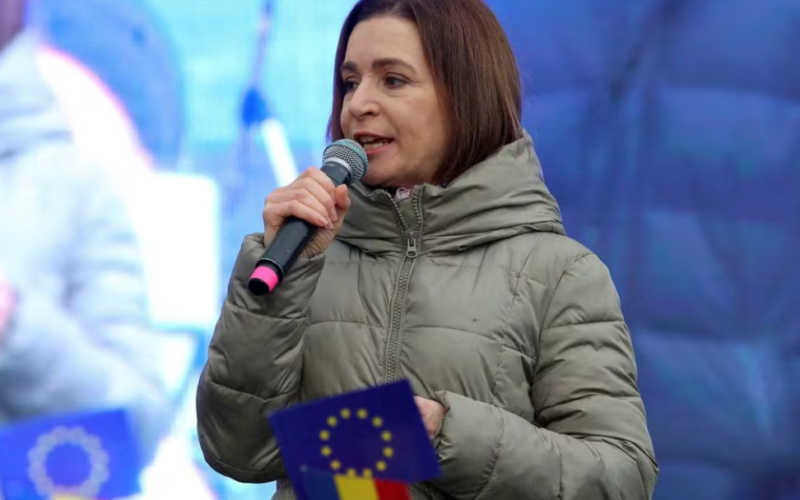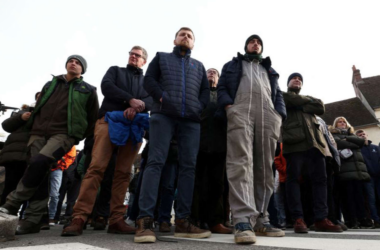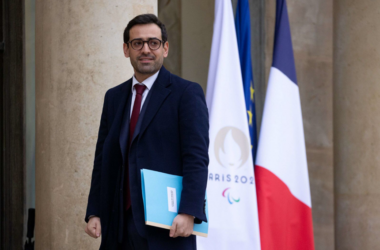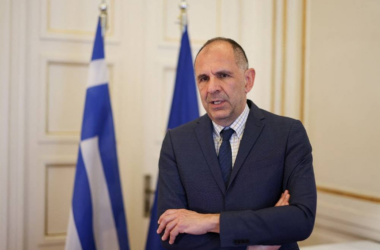Moldova and France are set to sign a defense cooperation agreement on Thursday, as part of broader efforts by Western nations to bolster Moldova’s capabilities amidst growing apprehensions regarding Russian activities perceived to be aimed at destabilizing the former Soviet state.
Located to the west of Ukraine, Moldova possesses a modest defense budget and has historically maintained tense relations with Moscow. These tensions have been further exacerbated as Chisinau has thrown its support behind Ukraine in its conflict against Russia.
Of particular concern is the situation in Transdniestria, a breakaway region of Moldova that has enjoyed de facto independence with backing from the Kremlin for over three decades. Russia maintains a military presence, including troops and peacekeepers, in the area.
The French presidency announced on Wednesday that President Emmanuel Macron will meet his Moldovan counterpart, Maia Sandu, in Paris to sign defense and economic cooperation agreements. The statement emphasized France’s commitment to supporting Moldova’s independence, sovereignty, and security, particularly in the face of Russia’s actions in Ukraine.
The defense pact, initially agreed upon in September, encompasses various areas of collaboration, including military personnel training, defense dialogue, and intelligence sharing. Additionally, France has expressed willingness to assist Moldova in enhancing its military capabilities, potentially including the acquisition of anti-air defense systems akin to France’s Mistral system.
Moldova recently announced the procurement of Thales-made GM200 radar, which will enhance its aerial surveillance capabilities, enabling detection and tracking of targets across a wide altitude range.
France’s defense minister has also pledged to conduct an audit of Moldova’s air defense infrastructure, with the aim of bolstering the security of Moldovan airspace.
In tandem with President Sandu’s visit, Western nations will convene an audio call, spearheaded by France, to discuss avenues for increasing support not only for Ukraine but also for Moldova. This highlights the international community’s recognition of the significance of Moldova’s security and stability.
However, challenges persist, particularly concerning the situation in Transdniestria. In February, the region appealed to Russia for economic assistance amid perceived pressure from the Moldovan government, a move dismissed by Chisinau as propaganda.
As Moldova navigates its geopolitical landscape, partnerships with Western nations such as France underscore efforts to reinforce its sovereignty and security amidst regional uncertainties.








